Science and Environment

Carbon Wagers at Climate Week: An Urgent and Promising Path to Sustainability
Carbon markets emerge as a key tool at Climate Week NYC 2024, with international cooperation, education, and policy paving the way for sustainable solutions to the climate crisis.

COP28 Looms: Global Climate Challenges and Funding Dilemmas Take Center Stage in Dubai Talks
On Oct. 25, Hurricane Otis struck the city of Acapulco on the Pacific coast of Mexico, leaving the country with landslides, flooding, and devastation, becoming the second-strongest storm in Mexico's history.

Artificial Intelligence: Full Speed Ahead
Artificial intelligence advancement seems to be reaching breakneck speed. The latest? Mind reading.
![[Op-Ed] The Origin of COVID-19: Obscuring Truth and Science](https://images.squarespace-cdn.com/content/v1/631787b0b9ac8917540f8f4a/1681102572688-9HI21LXNVPZDF88CRP5B/global-covid.jpeg)
[Op-Ed] The Origin of COVID-19: Obscuring Truth and Science
Misinformation and mistrust have shrouded the origin of COVID-19 since early 2020.
![[Op-Ed] Why Rainy Seasons Don't Mean the End of a Drought](https://images.squarespace-cdn.com/content/v1/631787b0b9ac8917540f8f4a/1681102137996-XYFYIQ4PXTA5H0AFOELE/Screen+Shot+2023-04-10+at+12.45.48+AM.png)
[Op-Ed] Why Rainy Seasons Don't Mean the End of a Drought
This season in California has experienced an unusually wet winter following the driest three years on record.
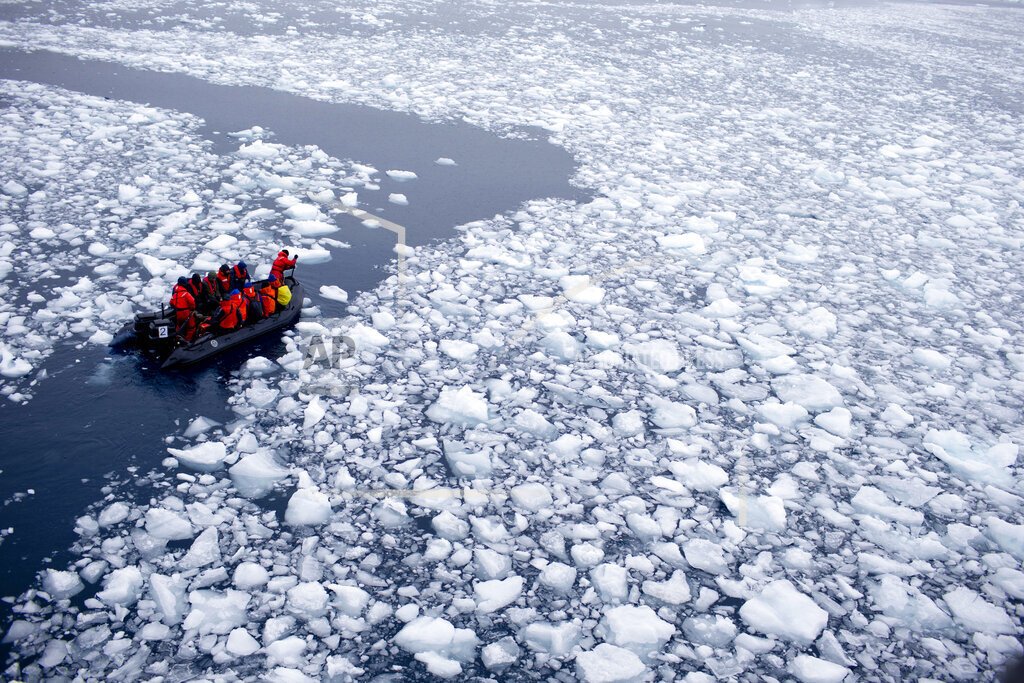
The Collapse of Antarctic Currents and What This Means for Our Climate’s Future
Scientists in Australia are predicting deep water flows that drive ocean currents to decline by 40% by 2050, creating major changes in the future of the earth’s climate.

Promising Advancements Made on a Male Contraceptive
Jochen Buck, Melanie Balbach, and Lonny Levain of Weill Cornell Medicine in New York discovered an enzyme that effectively stuns sperm.

New Zealand Faces Difficult Decisions in the Aftermath of Cyclone Gabrielle
New Zealand declared its third-ever state of emergency on Feb. 14, as it was hit by the worst storm of the century.
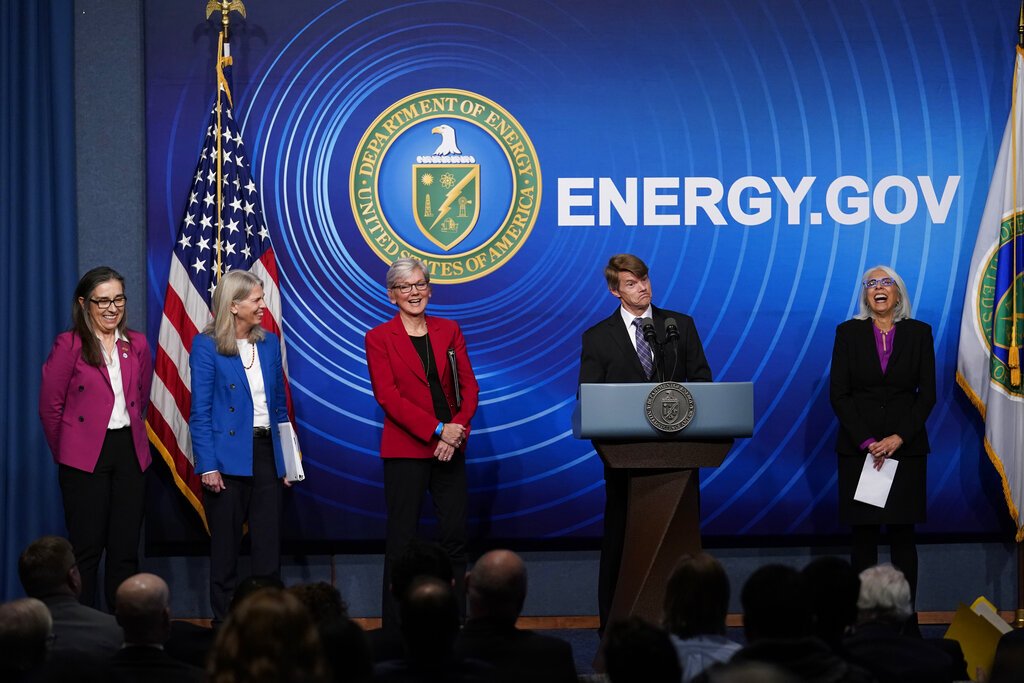
A Nuclear Fusion Breakthrough: What This Means for Science and Climate
This Tuesday, scientists in California announced a significant breakthrough in producing nuclear fusion energy.
![[Op-Ed] Proposed Carbon Trading Systems Continue to Hinder Climate Change Mitigation Efforts](https://images.squarespace-cdn.com/content/v1/631787b0b9ac8917540f8f4a/1670643997283-OEDS9EKKVRK37L7WZEQR/S1-vb-pJfp1XYstKv6HfqVhc-W3YZ0SrMw6ub4Oeyi2C81Wyl2q83xGA0jkW3e4_qP0PKcNfflgo1OPLa6rsQGqJyaZmcfQ9lBzXyWUoW5V85jR1hKBhe4h70BHb.jpg)
[Op-Ed] Proposed Carbon Trading Systems Continue to Hinder Climate Change Mitigation Efforts
On Dec. 7, the World Bank announced a global tracking system to monitor carbon trading markets and improve transparency.

World’s Biggest Telescope Gets Underway
After almost 30 years of planning, development, and research, construction on the world’s largest radio telescope, the Square Kilometer Array (SKA), is set to begin in South Africa and Australia.
![[Op-Ed] What COP27 Got Right and What it Got Wrong](https://images.squarespace-cdn.com/content/v1/631787b0b9ac8917540f8f4a/1669902608030-YDRVRC8SM4Z93VFENJ1D/Screen+Shot+2022-12-01+at+8.49.19+AM.png)
[Op-Ed] What COP27 Got Right and What it Got Wrong
From Nov. 6 to Nov. 20, world leaders and delegates convened for the 2022 United Nations Climate Change Party, hosted in Sharm el-Sheikh, Egypt.

China’s Space Station Marks a Major Step in Their Space Advancement
13 hours after launching from Earth on Oct. 31, China’s Mengtian rocket module docked at the Tiangong space station to finish the station’s assembly.
![[Op-Ed] Rishi Sunak’s Environmental Track Record is Confusing and Dangerous](https://images.squarespace-cdn.com/content/v1/631787b0b9ac8917540f8f4a/1667445796413-F27AYFA5QVG0Y2AH92FD/Screen+Shot+2022-11-02+at+11.22.53+PM.png)
[Op-Ed] Rishi Sunak’s Environmental Track Record is Confusing and Dangerous
Following Liz Truss’ disastrous budget collapse and subsequent resignation, Rishi Sunak is set to become the next Prime Minister of the United Kingdom and the head of the Conservative Party.
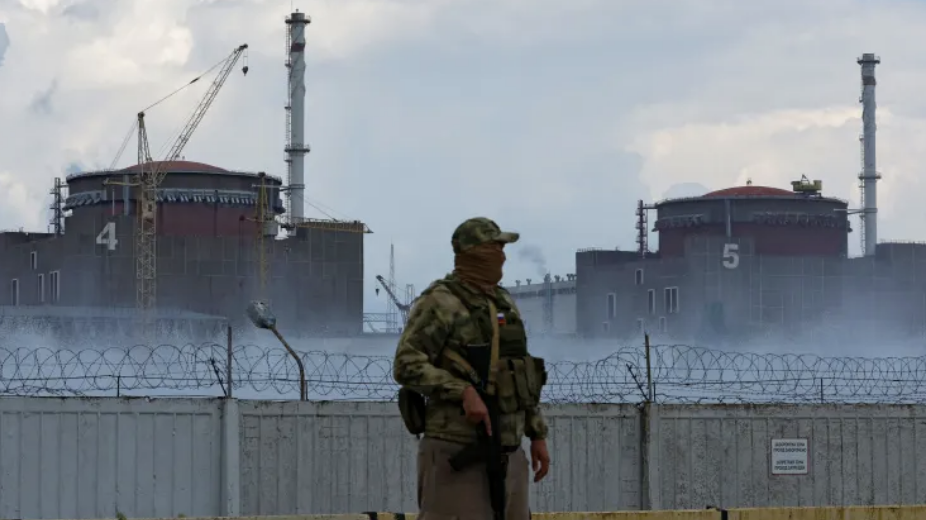
War in Ukraine Poses Nuclear Danger to Region
After Russian forces invaded Ukraine in Feb. 2022, the Zaporizhzhia Nuclear Power Plant in southeastern Ukraine quickly fell to aggressor forces. The Zaporizhzhia Nuclear Power Plant, the largest in Europe, was taken over in March. Now, increased fighting in the area threatens to destabilize the plant and lead to a regional disaster.
Fighting in the region resumed over the summer and missile and artillery strikes hit vulnerable power lines that ran to the plant, reducing the power output of the plant to a minimum. The International Atomic Energy Agency (IAEA) was allowed to visit the plant later in the summer, prompting Russia to permit Ukrainian upkeep personnel to repair the plant and restore safety.

Human Rights Crisis in Egypt Ahead of COP27
COP27, scheduled to be held in Sharm El Sheikh, Egypt in November, is facing scrutiny for the region’s failure to address the recent human rights crisis and its implications in the upcoming climate negotiations.
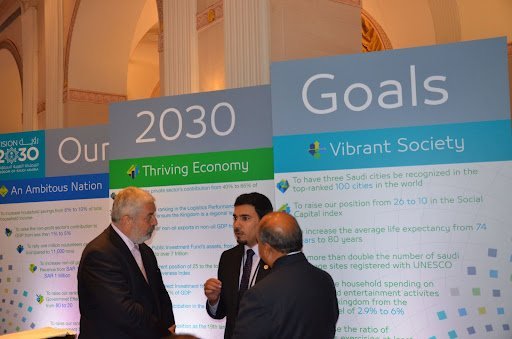
Saudi Arabia in a Post-Oil World
Over the past two decades, the need to transition away from fossil fuels has become clear. Climate change has begun to increasingly impact the world, and worldwide acceptance of the theory has increased. In addition to the environmental impact, the supply of fossil fuels is finite and will inevitably run dry.
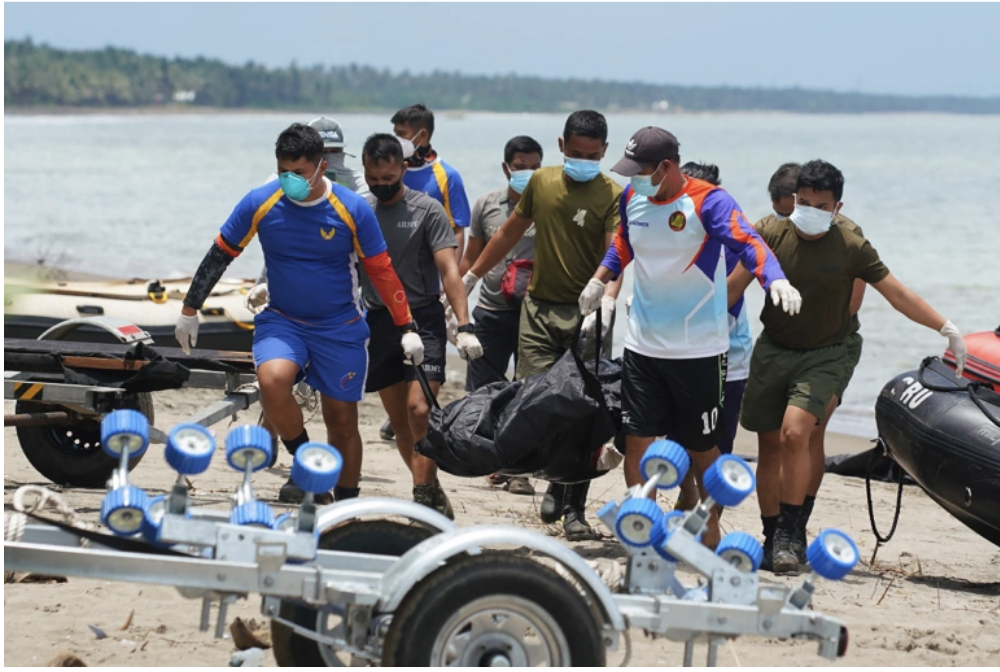
Storm Megi Causes Many Deaths In the Philippines
According to the latest report by the BBC, at least 167 people have died in landslides and floods since Tropical Storm Megi devastated the Philippines last Sunday. A further 1.9 million people have been adversely affected according to an estimation by the national disaster agency.
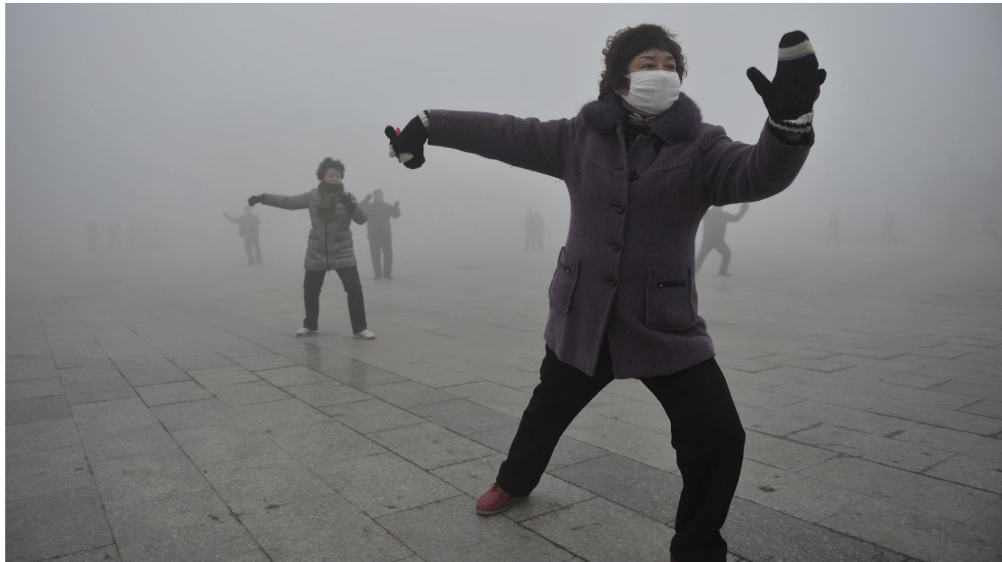
WHO Finds 99 Percent of Global Population Breathes Air that Exceeds Guidelines
Air pollution poses a major threat to human health, causing 7 million premature deaths. Recent WHO data finds that 99 percent of the global population breathes air that exceeds WHO guideline limits containing high levels of pollutants, with low- and middle-income countries suffering from the highest exposure.
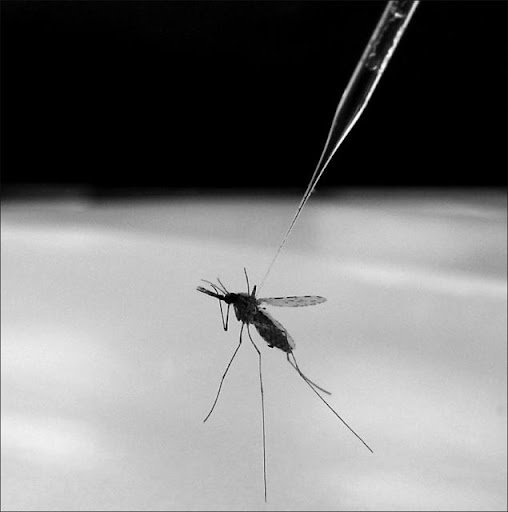
Defeating Malaria: An Ongoing Effort
Malaria remains the sixth leading cause of death among low-income countries, killing over 627,000 people globally– despite being preventable and curable. However, the past two decades have seen a dramatic decrease in malaria-related mortality.
